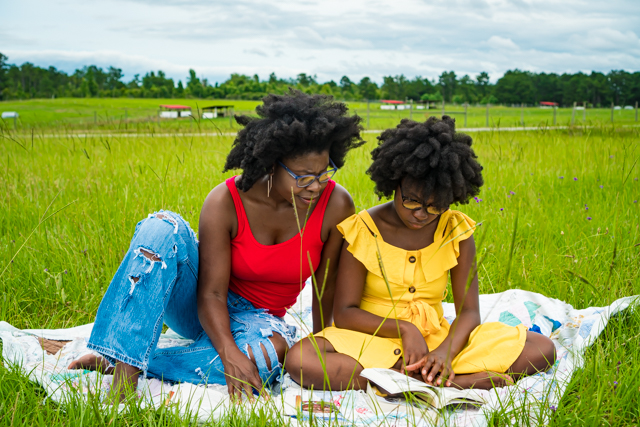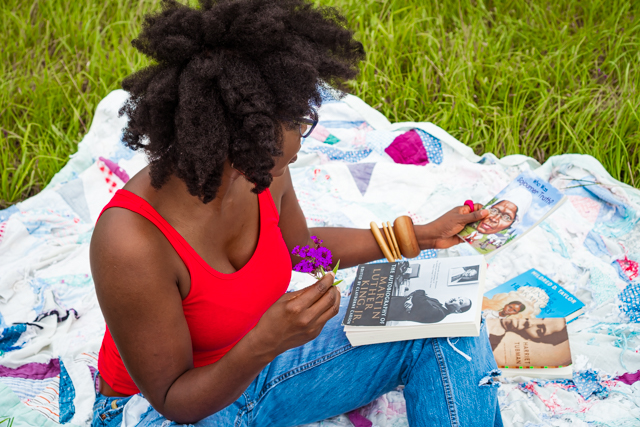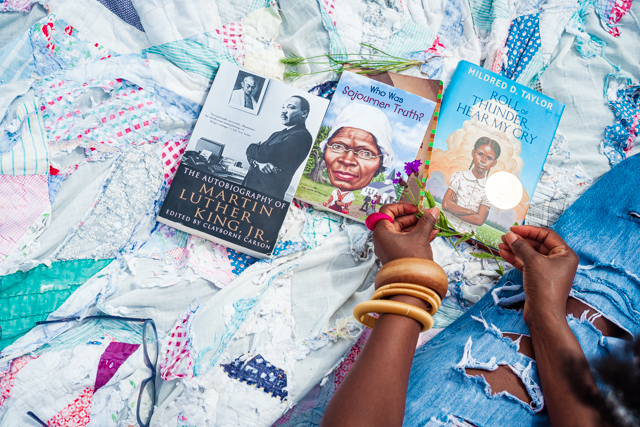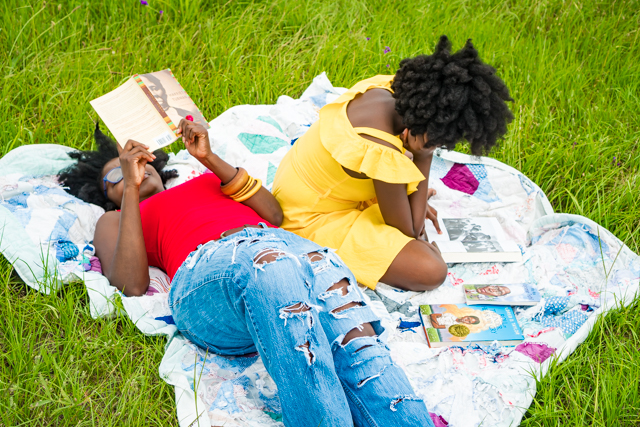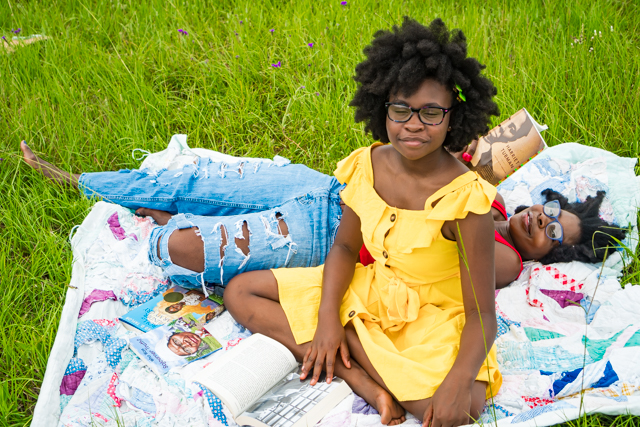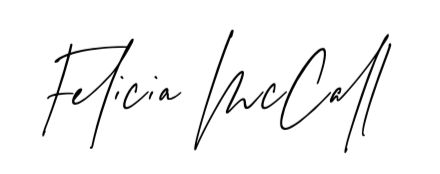Growing up, I remember digging into everything I could find on black history, racism, and equality. Encyclopedia’s, autobiographies, fiction, non-fiction, you name it. One day I realized my daughter had the same interest and was doing her own research. This was all well and good but, when our country erupted into a heated war against injustice toward African Americans last year in 2020, I felt I needed to jump in and teach her.
Kids mimic their parents
We have to talk about this heated topic with our children and explain how it affects them. And they need to hear where you stand.
My daughter often mentions how she gets awkward questions from classmates. So I want her ready to respond with confidence and intelligently. Regardless of your skin complexion, kids won’t understand black history and why it’s important if parents don’t help them learn.
Parents are influencers
Since black history is skimmed over in today’s school curriculums, the knowledge gap is widening on the topic. Our Generations are becoming more and more clueless about this part of America’s history which is a problem. This is where parents have to become the main teachers of black history and equality.
Unfortunately, when African Americans don’t know their history, they can’t help white Americans or anyone else understand their deep-rooted pain and frustration. Especially when police brutality and racial injustice still plagues our nation today.
If white Americans don’t know black history, they will never be able to be sympathetic with black Americans or even began to know why their outrage and protest are valid. Neither will they be able to stop the cycle of inflicting racial injustice.
We are one nation of people being divided by an ignorant mindset that the color of your skin reduces one’s value as a human being.
1. Control your emotions
Like so many other parents, I find that teaching my daughter about black history, racism and equality are not easy topics.
When I sat down with my daughter to explain George Floyd’s murder, I was overcome with grief and even shame that such a demeaning act was committed against a grown man that looked like all the men in my family.
It’s important to have your emotions under wraps before you have this chat with your child. Children easily pick up on tension in general. You want them to get a clear understanding of inequality vs diving in emotionally.
2. Protect their confidence
Regardless of all the good and bad, my daughter learns about black history, racism and equality, I want her to walk away feeling confident. It is always important that she not only understands her history but that she remains confident and feel loved. I need her to be crystal clear that injustice does not define her worth.
Here is my discussion outline:
- Explain how inequality for any reason is wrong.
- Affirm her as a stunning child of color and reiterate that if God wanted us all to look the same, he would not have made us so beautifully unique.
- Point out that as with slavery and the civil rights movement, we can’t fight this battle alone.
3. Start with the civil rights movement
If you are not African American and unsure about how to explain racist inequality to your child, I recommend starting with the civil rights movement. It’s almost identical to what’s currently happening now. And the outcome of that fight proves the power of love and peaceful demonstrations.
4. Study black history personalities
Once you lock down a good understanding of the civil rights movement, reading about individual black history personalities can provide more exciting information on brilliant black men and women who changed the world.
When my daughter learned to read, I could stick an age-appropriate black history book into her hands and let her run with it. She soaked up everything she read like a sponge as she learned about amazing black activists. She also discovered the Who Was book collections which are appropriate for ages 8-12. A good idea is to start at your local library or bookstore and start discovering. Black history museums are also great ways to get to know a variety of different individuals who played various parts in the fight against injustice.
5. Watch age-appropriate black history movies and documentaries
Depending on your child’s age, you can find documentaries and “based on a true story” movies that will help depict the fight against racial injustice. Movies help demonstrate the conflict and how the situation really played out. Here are a few of my favorites for ages 6 to 12 years old.
- An American Girl Story Melody- 1963
- The Watson’s Go to Birmingham
- Harriet Tubman
- My Friend Martin
- Hidden Figures
Going Forward
This is not a one-time discussion you should have with your children. Let the topics of equality and racism not only be an open door discussion but proactively include black history as a part of your children’s education plan. In fact, you will learn a boatload of interesting facts that will literally shock you (in a good way). When you stop at a traffic light, need a blood transfusion, or use some basic household items you are experiencing black history that changed our day-to-day lives. Because a group of people in impossible situations made America great regardless and impacted the world.
P.S. Share this post with as many people that you feel it will help. Because knowledge is power and knowledge is freedom!
